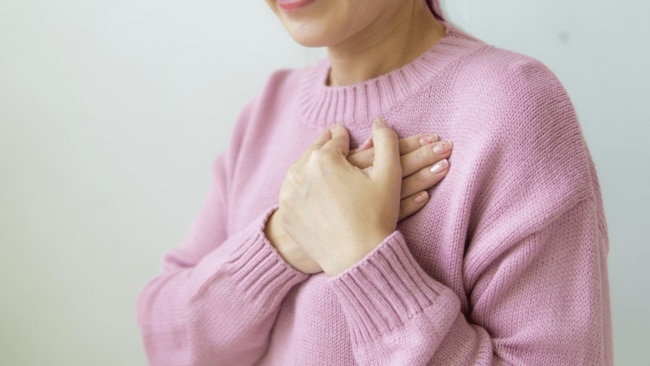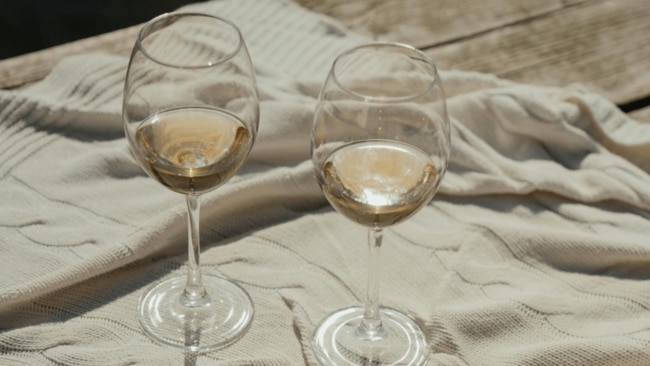Drinking champagne could reduce the risk of sudden cardiac arrest
Could a celebratory drink boost heart health?

Lifestyle
Don't miss out on the headlines from Lifestyle. Followed categories will be added to My News.
Despite experts saying limiting our alcohol intake is good for our hearts, new research suggests that one type of alcohol could protect against sudden cardiac arrest.
While the headache after a few glasses of our favourite celebratory drink may make us feel like our health’s never been worse, research shows that champagne could actually benefit our heart health.
Despite experts recommending lifestyle changes such as reducing our consumption of alcohol to reduce the risk of developing heart conditions and boost overall health, we’ve been hoping that the theories about red wine being good for our hearts could be true. Now, researchers suggest that champagne and white wine could also protect our hearts.

Published in the Canadian Journal of Cardiology, the study looked at data from over 500,000 people, 3147 of whom suffered sudden cardiac arrests (SCAs) during a 14-year follow-up period.
What is sudden cardiac arrest?
A sudden cardiac arrest is caused by an irregular heartbeat following an electrical failure in the heart, stopping blood from being pumped to organs.
According to the Heart Foundation, ‘more than 32,000 people experience a cardiac arrest in Australia each year’, and although CPR can improve chances of survival, only about 10 per cent of people who experience SCA survive.

Often caused by coronary heart disease, electrocution, severe allergic reactions, trauma, injury or choking, people experiencing an SCA can lose consciousness and breathe abnormally or not at all, and suddenly collapse.
Changes that could protect against SCA
Fudan University’s Huihuan Luo led the study and said, “All previous studies investigating the risk factors of SCA were hypothesis-driven and focused on a limited number of candidate exposure factors grounded in prior knowledge or theoretical frameworks.”
“We conducted an exposome-wide association study, which examines the relationship between a wide range of environmental exposures and health outcomes using UK Biobank data, followed by Mendelian randomisation to assess causal relationships.”

The research team found 56 non-clinical risk factors linked to sudden cardiac arrest related to:
- Lifestyle
- Physical measures
- Psychosocial factors
- Socioeconomic status
- Local environment
They believe between 40 and 63 per cent of SCAs could be prevented when addressing these factors.

Luo said that of the modifiable factors the team linked to sudden cardiac arrest, “ lifestyle changes (were) the most impactful in preventing cases.”
The team determined several factors that could have cardio-protective qualities, including:
- Consuming more champagne and white wine
- Eating more fruit
- Maintaining a positive mood
- Managing weight
- Blood pressure control
- Improved education

Authors of an accompanying editorial, Nicholas Grubic and Dakota Gustafson, said the study’s findings relating to the “cardioprotective effect associated with champagne and white wine consumption” question “longheld assumptions about the specificity of red wine's cardioprotective properties.”
“Research on the underlying mechanisms remains unclear, but these findings reinforce the idea that the benefits of moderate alcohol consumption may be more complex than previously assumed."
More Coverage
Originally published as Drinking champagne could reduce the risk of sudden cardiac arrest





